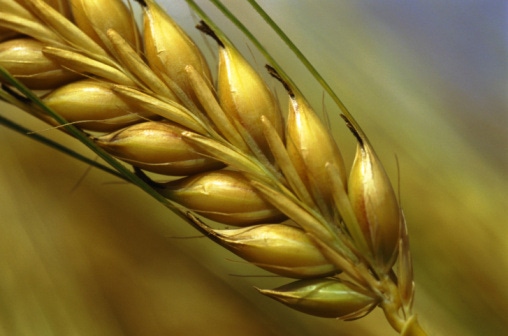No evidence that Roundup Ready wheat has entered the food supply.

The U.S. Department of Agriculture’s Animal & Plant Health Inspection Service (APHIS) confirmed June 7 the discovery of genetically engineered (GE) wheat plants growing in an unplanted agricultural field in Washington State. The GE wheat in question is resistant to glyphosate, commonly referred to as Round Up.
There is no evidence that GE wheat has entered the food supply, USDA said in a statement.
USDA said it is collaborating with state, industry and trading partners. “We are committed to providing all our partners with timely and transparent information about our findings,” USDA said in a notice.
There are no GE wheat varieties for sale or in commercial production in the U.S. at this time, as APHIS has not deregulated any GE wheat varieties.
After previous detections of GE wheat, USDA strengthened its oversight of regulated GE wheat field trials. APHIS now requires developers to apply for a permit for field trials involving GE wheat beginning with GE wheat planted on or after January 1, 2016. Bringing GE wheat under permit enables APHIS to create and enforce permit conditions that ensure confinement and minimize the risk that the regulated GE wheat will persist in the environment.
U.S. Wheat Associates (USW) and the National Association of Wheat Growers (NAWG) noted in a joint statement that there is no health risk associated with glyphosate resistance events in wheat based on U.S. Food & Drug Administration evaluations.
“We appreciate that USDA is collaborating with our organizations and our state, industry and trading partners to provide timely and transparent information about their findings as they investigate this discovery. We understand samples of the wheat plants from the field in Washington were sent to the USDA Federal Grain Inspection Service lab in Kansas City, Mo., as well as USDA agricultural research lab in Pullman, Wash., for testing and confirmation,” the wheat groups noted.
“We cannot speculate or comment about any potential market reactions until we have a chance to discuss the situation in more detail with overseas customers. Based on what we know today from APHIS, we are confident that nothing has changed the U.S. wheat supply chain’s ability to deliver wheat that matches every customer’s specifications,” NAWG and USW stated.
About the Author(s)
You May Also Like




.png?width=300&auto=webp&quality=80&disable=upscale)
